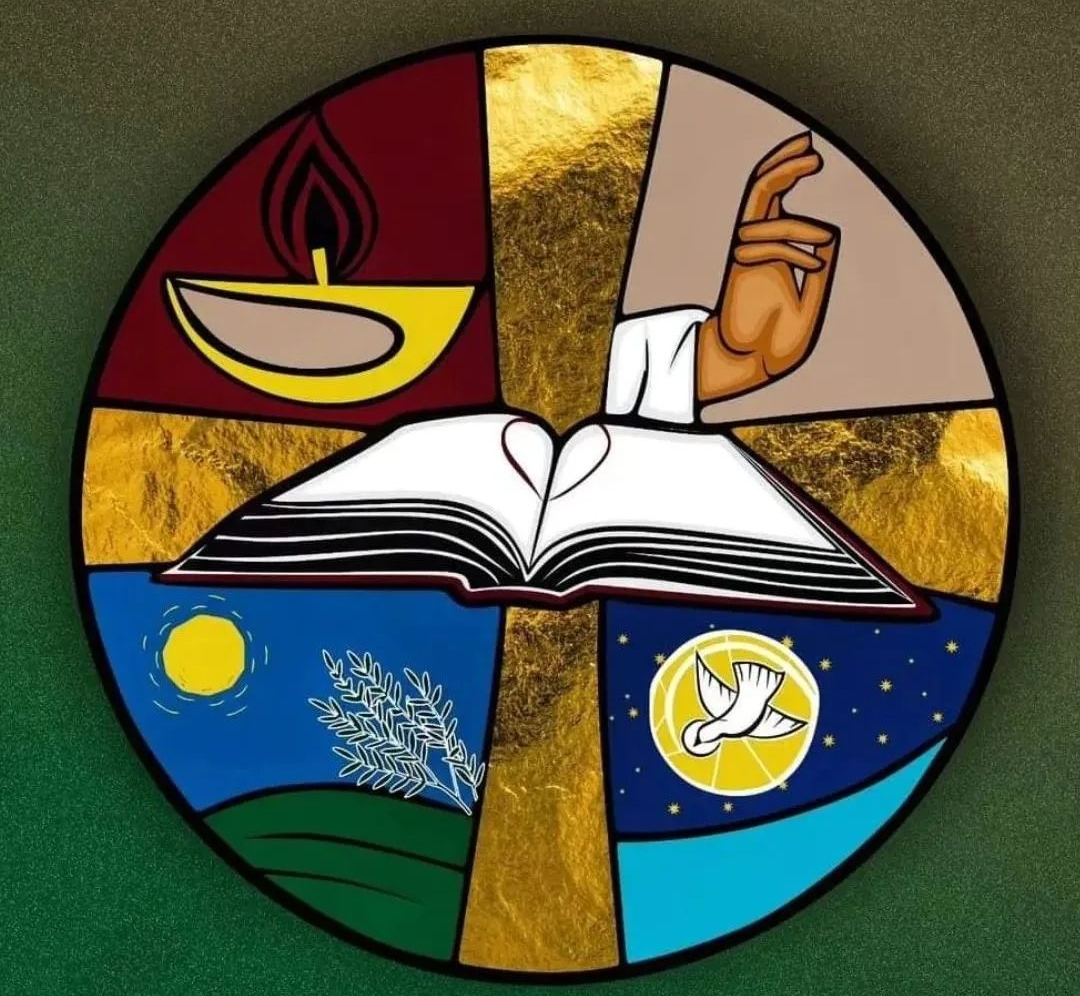Manizales (Colombie), 12/06/2023, Sr. Elsa Myriam Londoño V.- The pressing reality of our current historical situation not only calls for “talking about Justice, Peace and integrity of Creation” in the current contexts of education, but also to demonstrate the commitment of our institutions to the care of life.

The decrease in natural resources and food supplies, environmental pollution and the escalation of violence. The system that devours people in favor of profit has in itself causes of becoming unviable and leading humanity to a catastrophe. Any one of these problems, alone, could profoundly threaten our future; All together, they spell disaster.
Any solution will have to go through such radical changes in the field of values, interests, way of thinking and the standard of living of so many people, especially in the most prosperous countries; that most observers consider virtually impossible. We as sisters committed to youth and teacher trainers are faced with the same difficult perspective. Which not only allows us to value the path taken in the education of childhood and youth, but also requires discerning in faith and illuminated by the Word, the intuitions that Jesus had about what could be done about it.
However, we dare not assume that he had all the answers and that we know what they are. Nor can we assume that his intuitions are going to be irrelevant to us and that we can safely ignore them. It is from this perspective that we understand the following of Jesus, to live and die in the service of the Kingdom through the exercise of the practice of charity, with the victims of systems of death, for the advent of the Kingdom.
Based on this reality and on the congregational and institutional options, we share these initiatives that, looked at holistically, offer a liberating horizon.
Initiatives such as social projection of the La Presentación Educational Unit of Quito in a pastoral mission area with a rural population, Project “By migrant hands, made with love” (“Por manos migrantes, hechos con amor”) La Presentación Cartago Colombia School and the entire commitment of the Catholic University of Manizales that since its institutional horizon “promotes the empowerment of the person in the continuous construction of life projects and fosters favorable environments for well-being and permanence.” All these and other initiatives make an inclusive and humanizing education visible.
Secondly, making our educational environments places of solidarity protection of life. We support mothers and children from Venezuela and women who escaped war, creating safe spaces where they can enjoy themselves and develop their skills. We accompany children and young people who are victims of violence and abuse, we provide extracurricular reinforcement in basic areas for boys and girls with learning difficulties, etc. We are strengthened by thinking that education encompasses all of life and that is why we assume our mission comprehensively.
Thirdly, little by little we are understanding that ecology calls us to social transformation, yes, but this transformation is not real without it being accompanied by daily gestures of care for the earth, of care for each other. A personal commitment that frees and transforms us.
That is why we are linked to environmental projects designed to conserve the environment and good practices that preserve species and generate habits for waste disposal, Campañas en la Escuela saludable (Healthy School Campaigns), Proyecto Ciudadela Verde (Green Ciudadela Project), Proyecto Botellitas de amor (Little Bottles of Love Project), Proyecto comida saludable (Project healthy food), etc
In this way we cooperate in community and in communion with others to live as Paul says in the Letter to the Ephesians 4:20-24 “But that is not the way you learned Christ!— assuming that you have heard about him and were taught in him, as the truth is in Jesus, to put off your old self, which belongs to your former manner of life and is corrupt through deceitful desires, and to be renewed in the spirit of your minds, and to put on the new self, created after the likeness of God in true righteousness and holiness.”


 EN
EN  ES
ES  FR
FR 



